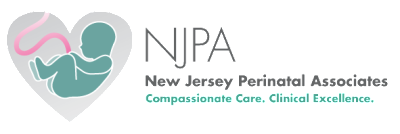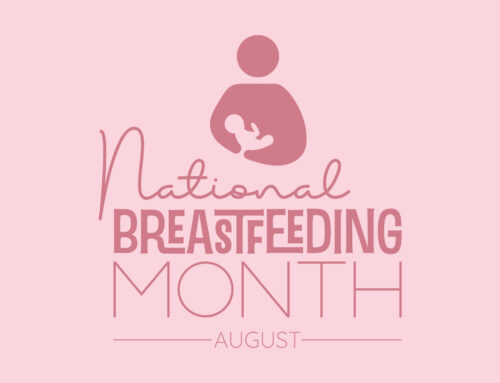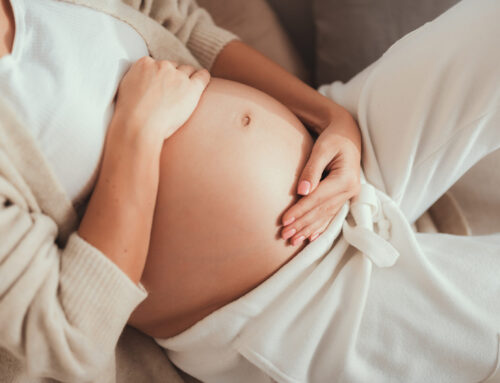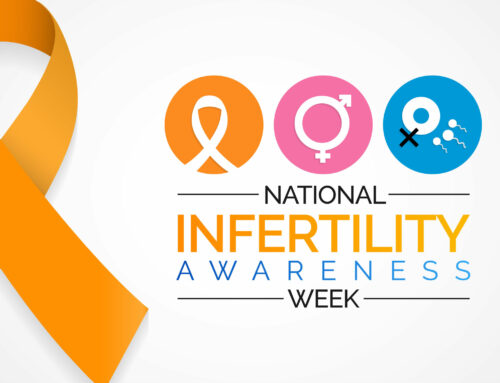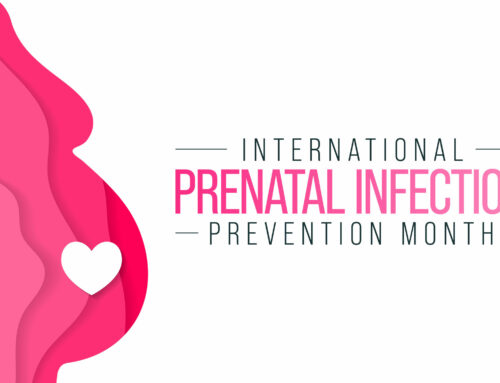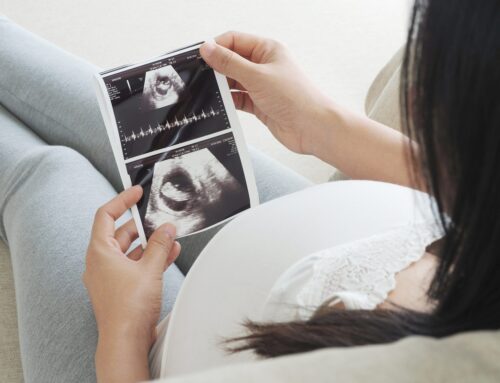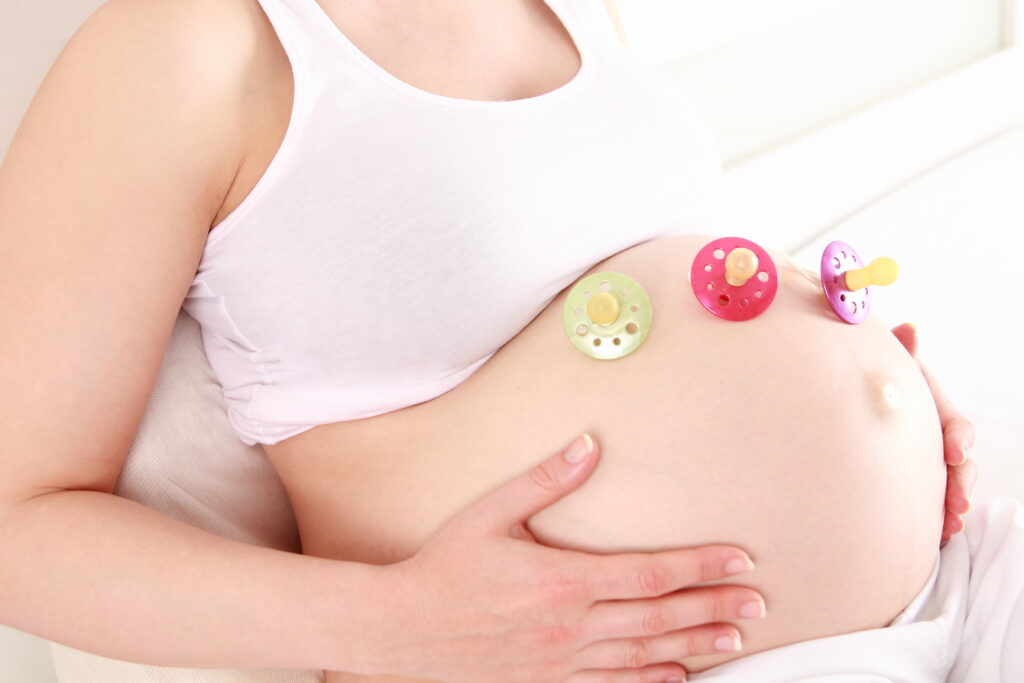
If you are pregnant with more than one baby at a time, it’s called multiple gestations. Multiple pregnancies are becoming more common as women are using fertility treatments and conceiving at an older age. You are at a higher risk of complications such as premature birth, preeclampsia, and fetal growth restriction with multiple pregnancies. Delivering twins, triplets, or more requires extra prenatal care to ensure the health of expecting mothers and their babies. At New Jersey Perinatal Associates, our team of perinatologists works closely with patients carrying more than one child to address any risks promptly and allow you to enjoy this exciting and special time in your life.
What Causes Twins, Triplets, and Multiple Births?
Multiple pregnancies often occur when more than one egg is fertilized, and it can be completely random. If a woman ovulates two eggs during a menstrual cycle, each egg has the potential to be fertilized by sperm. In this case, the woman will become pregnant with non-identical (fraternal) twins. They don’t share the same genes and are no more alike than siblings with the same parents from different pregnancies.
Sometimes a single fertilized egg splits into two or more embryos, and identical twins or triplets develop. They look almost exactly alike and share the same genes. A family history of twins, triplets, or multiples can increase a couple’s chance of multiple gestation pregnancies. Fertility treatments also make it more likely for a woman to ovulate two or more eggs during a cycle. Even without treatments, women aged 35 years and older have a greater chance of releasing more than one egg per cycle.
Common Symptoms of Multiple Gestation Pregnancy
Most pregnant women find out they are carrying more than one baby during a routine prenatal ultrasound in their first trimester. At NJPA, our perinatologists specialize in all types of high-risk pregnancies, including multiple gestations. You might experience more intense signs and symptoms of pregnancy, such as severe nausea and vomiting (morning sickness) and fatigue. Other common symptoms include:
- Rapid weight gain in the first trimester
- High levels of human chorionic gonadotropin (hCG), a hormone produced by the placenta
- Movement in different parts of your belly at the same time
- Sore or very tender breasts
- More than one fetal heartbeat
What Complications are Linked to Multiple Births?
Anyone can experience complications during pregnancy, regardless of how many babies they carry. However, if you’re pregnant with multiples, your doctor will want to keep a close eye on you and your babies throughout your entire pregnancy to ensure safe and effective delivery. Multiple gestation increases a woman’s risk of serious complications, including:
- Preterm labor and birth
- Preeclampsia
- Fetal growth restriction
- Gestational diabetes and hypertension
- Anemia
How Are Multiples Born?
Vaginal birth is the traditional way babies are born. During vaginal birth, the uterus contracts to help push the baby out. Most women have multiple births by cesarean section (c-section). During a c-section, the doctor creates surgical incisions in the abdomen and uterus to remove the baby. Triplets and higher-order multiples are often born by c-section, especially if labor starts too early or the babies aren’t in the head-down position. Afterwards, the babies will likely spend some time in the neonatal intensive care unit (NICU) to monitor their health.
What Can I Do to Stay Healthy During a Multiple Pregnancy?
Eating nutritious foods, exercising regularly, and visiting your doctor regularly are all important steps for any pregnant woman to take. However, a multiple gestation pregnancy requires additional care and attention. If you’re expecting multiples, there are several lifestyle behaviors and eating habits you can develop to ensure a successful pregnancy. These include, but are not limited to, the following:
- Eating an extra 300 calories a day per baby
- Increasing your intake of certain nutrients (folic acid, protein, iron, and calcium)
- Staying hydrated
- Performing low-impact exercises such as walking, swimming, and prenatal yoga
- Avoiding high-impact activities such as jogging and aerobics
Leading Care for Multiple Gestations in NJ
High-risk pregnancies can be difficult for many expecting mothers and their families. If you have a multiple pregnancy, NJPA is here to help every step of the way. Our highly skilled and experienced perinatologists are at the forefront of multiple gestation research and treatment. When you visit one of our offices in NJ, they will evaluate your symptoms, provide an accurate diagnosis, and develop a customized care plan. Contact us to schedule an appointment with a multiple gestation specialist at NJPA today!
